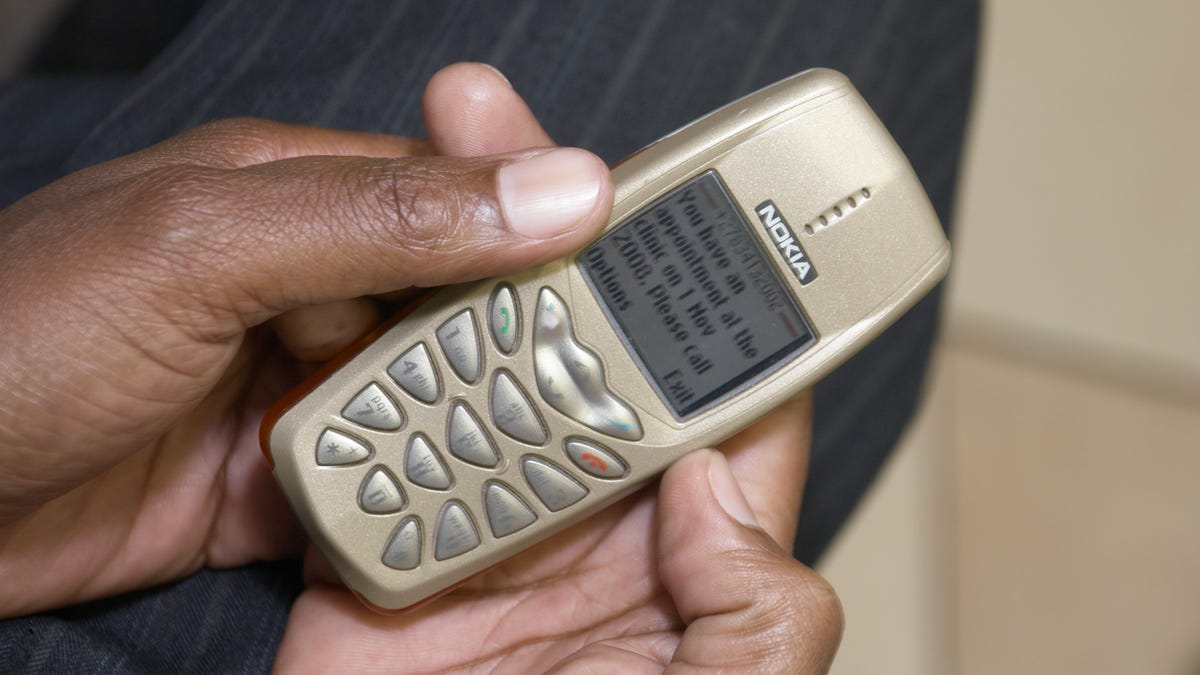Project Masiluleke taps cell phones in AIDS fight
Project M harnesses the ubiquity of cell phones in South Africa to spread information about public health crises such as AIDS, tuberculosis.

For those who don't speak Zulu, Project Masiluleke may be hard to pronounce. But the concept behind it is easy enough to understand--harness the 90 percent cell phone penetration rate in South Africa to deliver crucial information about two crippling public health crises there: AIDS and tuberculosis.
Meaning "to give wise counsel" and "lend a helping hand," Project Masiluleke (Project M for short) is bringing together a coalition of partners--including Frog Design, Nokia Siemens, and National Geographic--to create an interdisciplinary system that relies on mobile technology to encourage testing and treatment of the diseases, as well as deliver low-cost diagnostic tools such as saliva and blood tests.
In its first phase, the program is sending out about a million text messages per day urging mobile phone users to contact HIV and TB call centers. Trained operators then provide callers with accurate healthcare information, counseling, and referrals to local testing clinics. The program will eventually include anti-retroviral therapy support, at-home HIV testing, and "virtual call centers," where teams of highly trained HIV-positive counselors will field calls remotely.
Project M was officially announced at the Pop!Tech 2008 ideas summit, which took place in Camden, Maine, last week. The project arose from the Pop!Tech Accelerator program, a social-innovation incubator designed to foster breakthrough, interdisciplinary solutions to major global challenges.
It's well-known that Africa is suffering a debilitating AIDS crisis. South Africa has more HIV-positive citizens than any country in the world, according to Project M materials, and in some provinces, more than 40 percent of the population is infected. Yet statistics show that only 2 percent of South Africans have ever been tested for HIV. Of those who test positive, just 10 percent are receiving anti-retroviral therapy--leaving 90 percent untreated, infectious, and likely to die.
Prospects for Project M look promising. Beta testing, which started on October 1, has led to a tripled call volume to the National AIDS Helpline in Johannesburg after just three weeks, according to project organizers. Hundreds of thousands of HIV-positive South Africans are expected to receive reliable health information and referrals because of the project.
This isn't the first time cell phones have been employed in the battle against AIDS. In August, a catchy "condom, condom" ringtone made its debut as part of a three-year ad campaign aimed at making condom use more socially acceptable in India. That campaign is funded by a grant from the Bill & Melinda Gates Foundation.
Not surprisingly, HIV/AIDS carries a huge social stigma in South Africa as well, which prevents many patients from getting tested or pursuing treatment. In addition, the country's overburdened healthcare system can't provide assistance to the millions in need, many of whom enter the system with end-stage HIV or full-blown AIDS.

